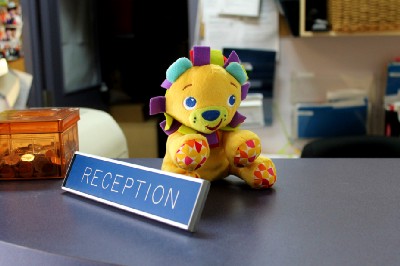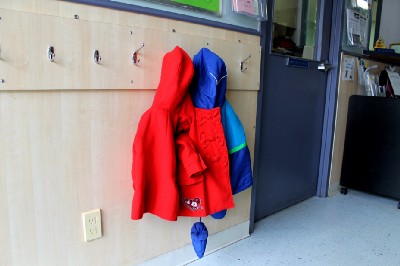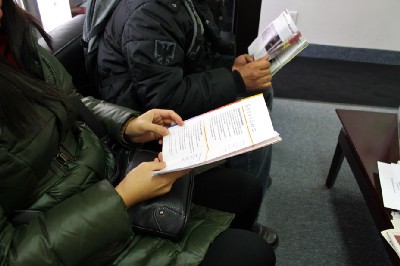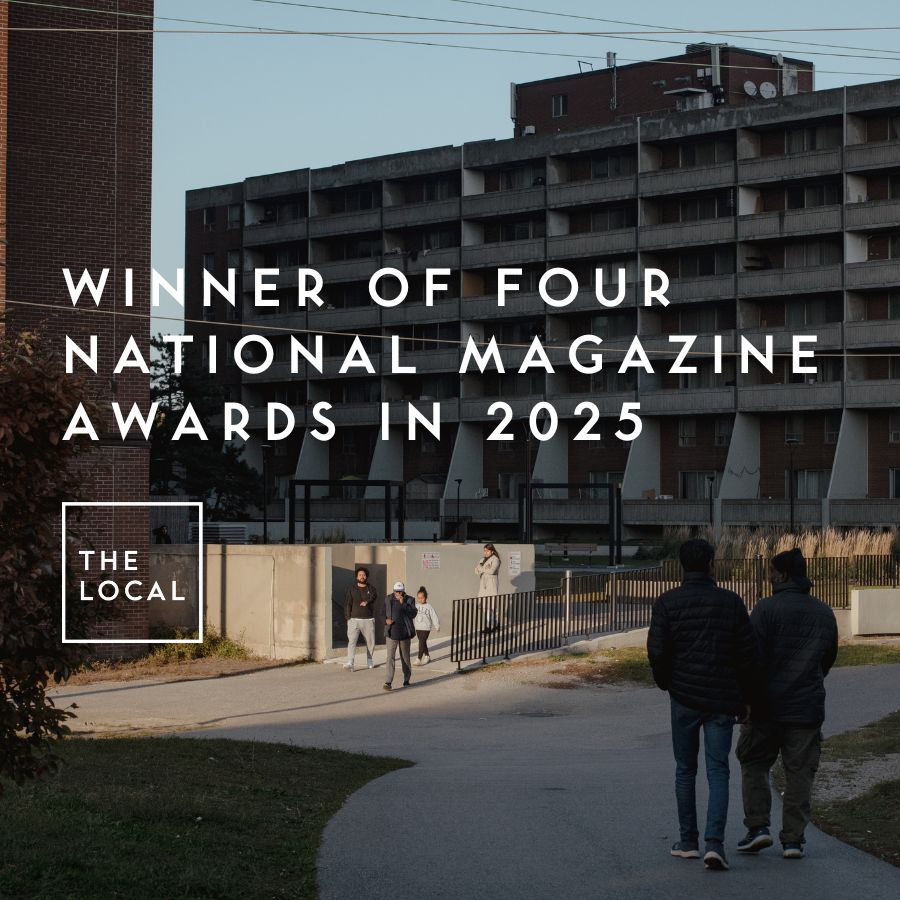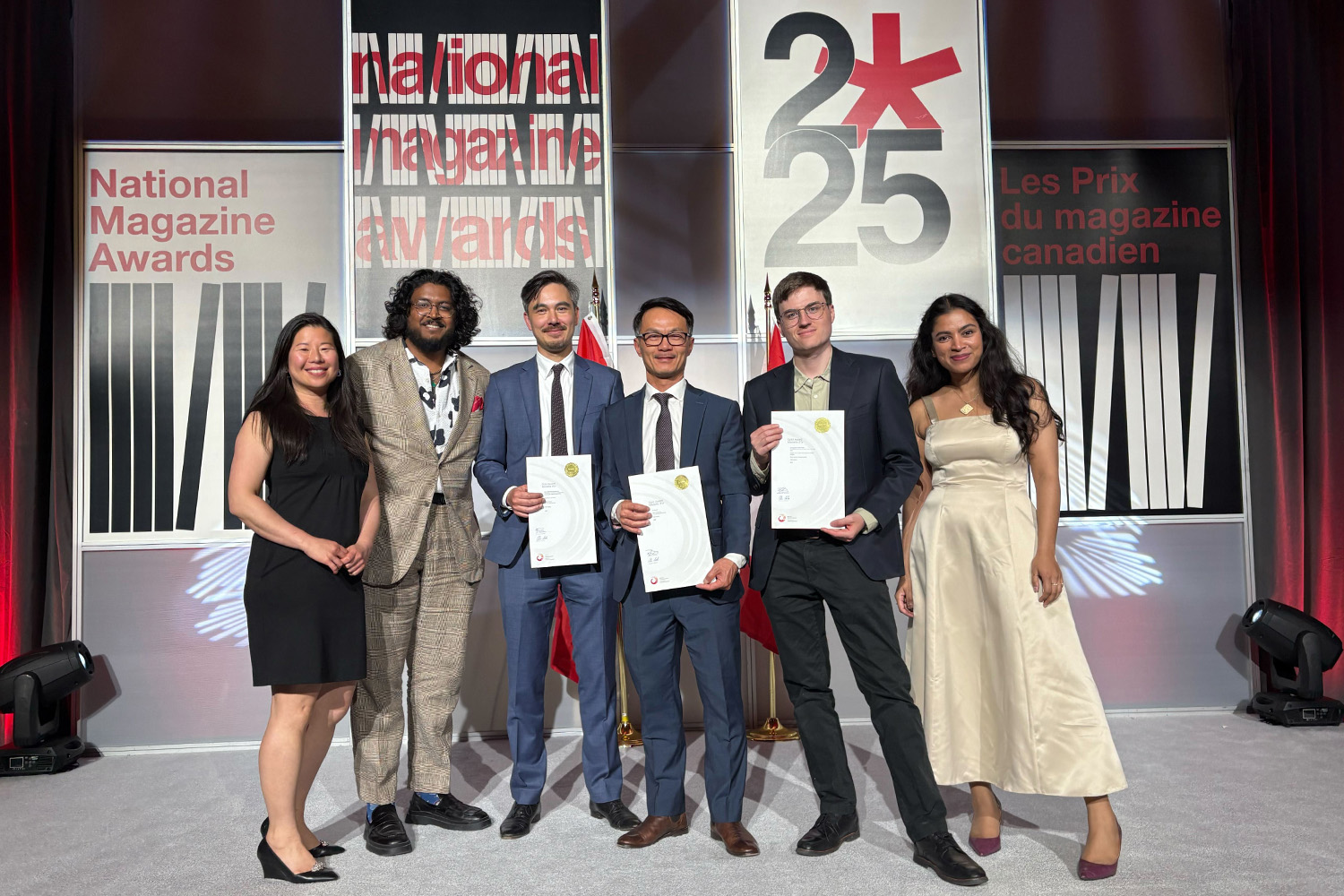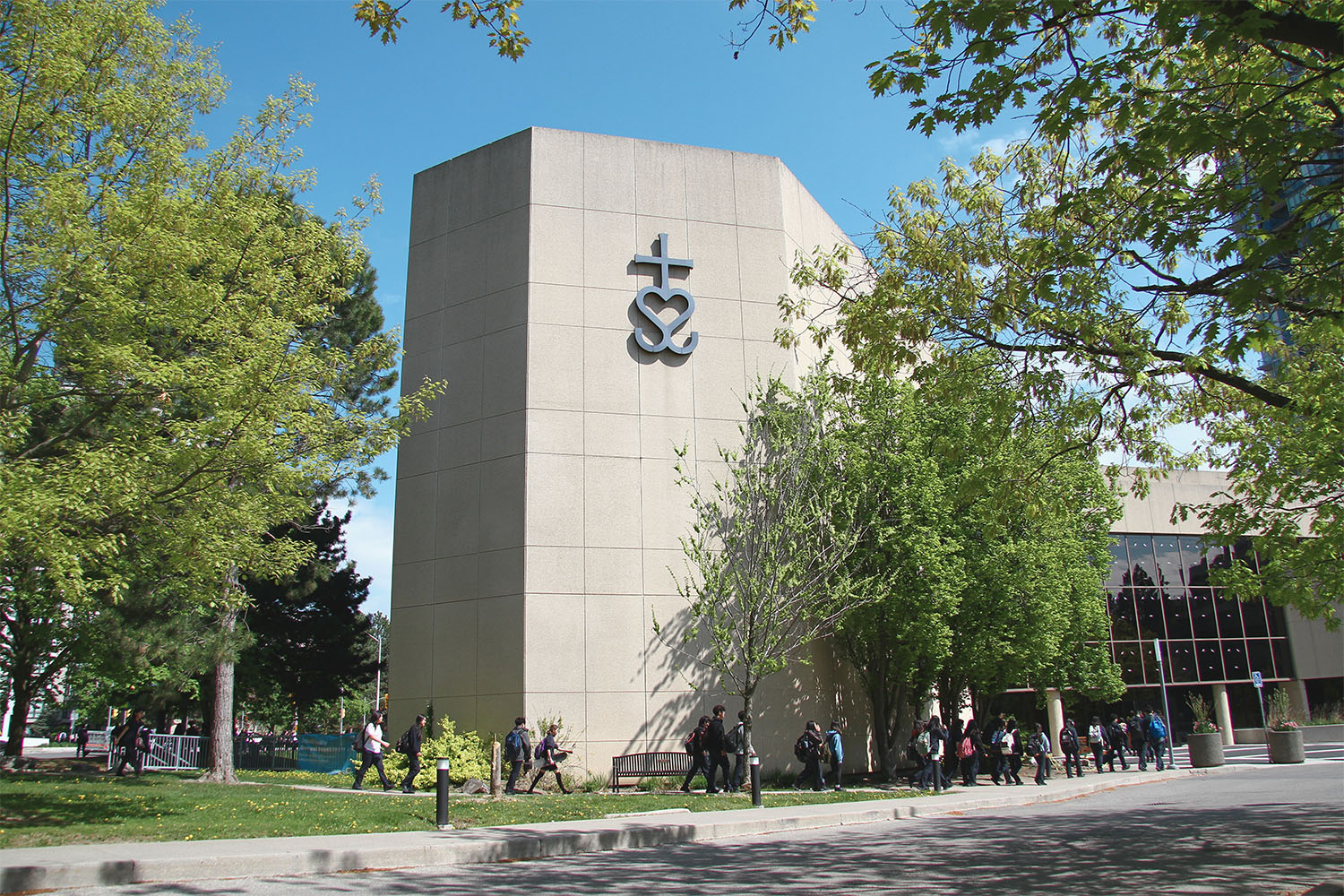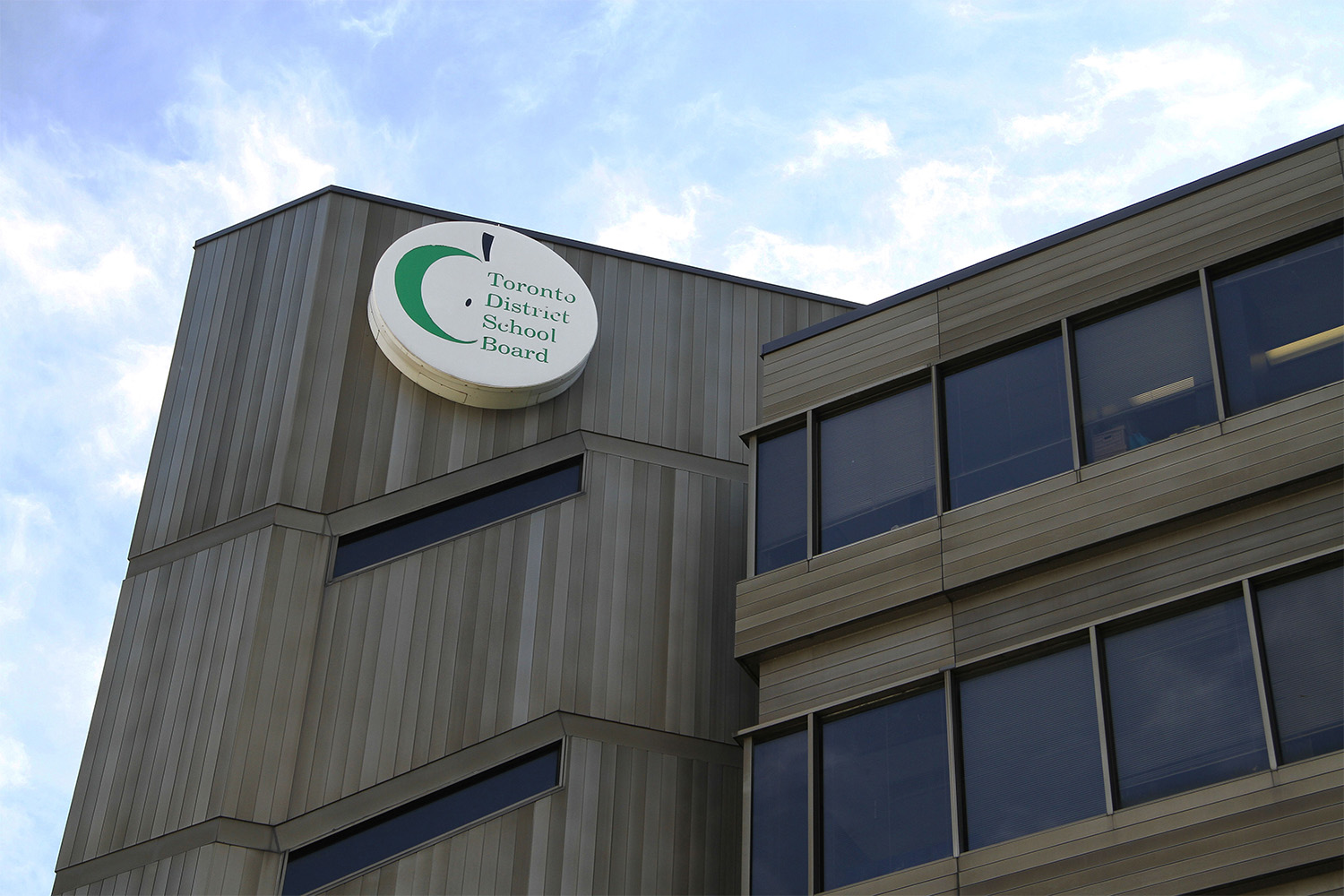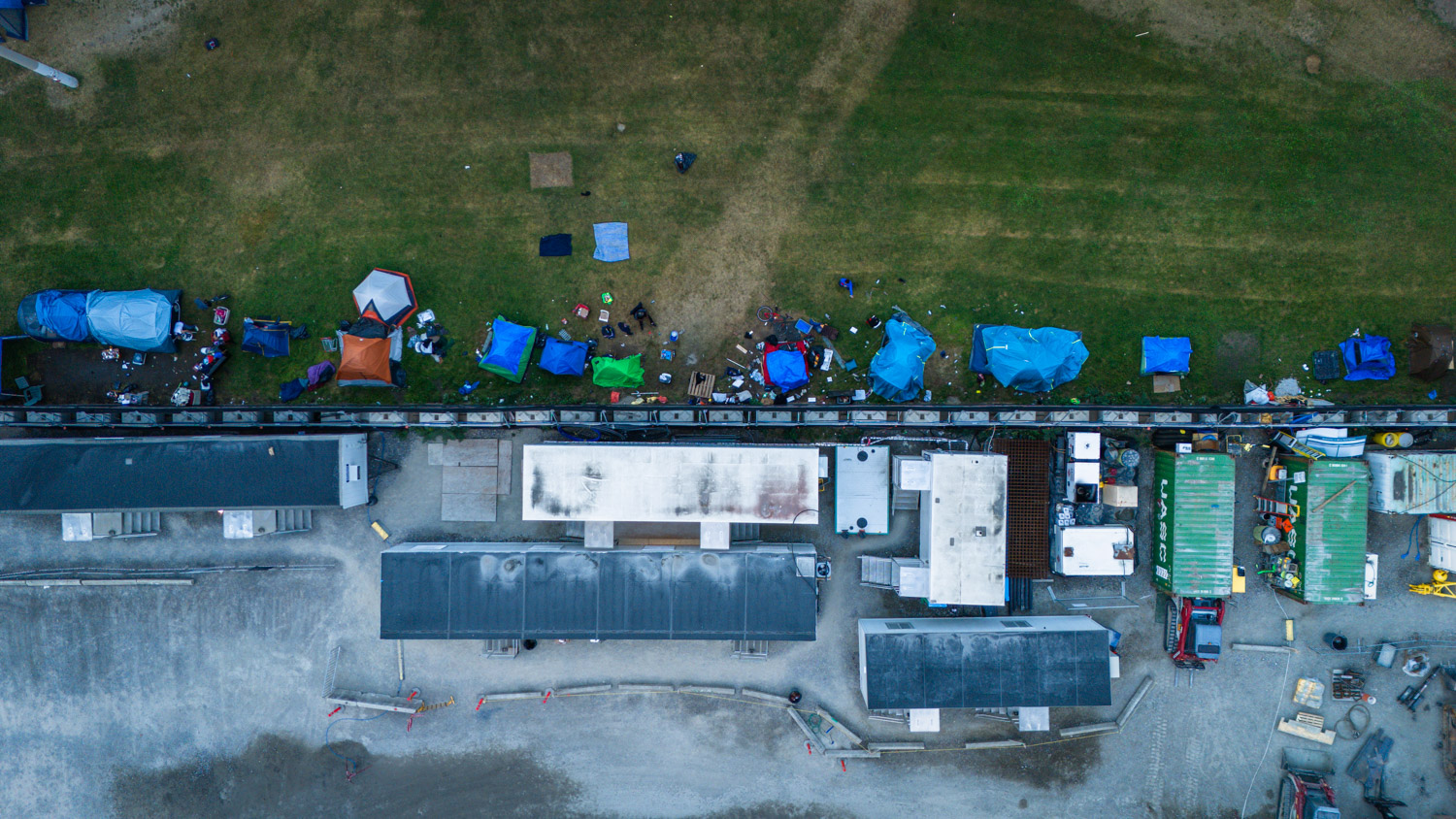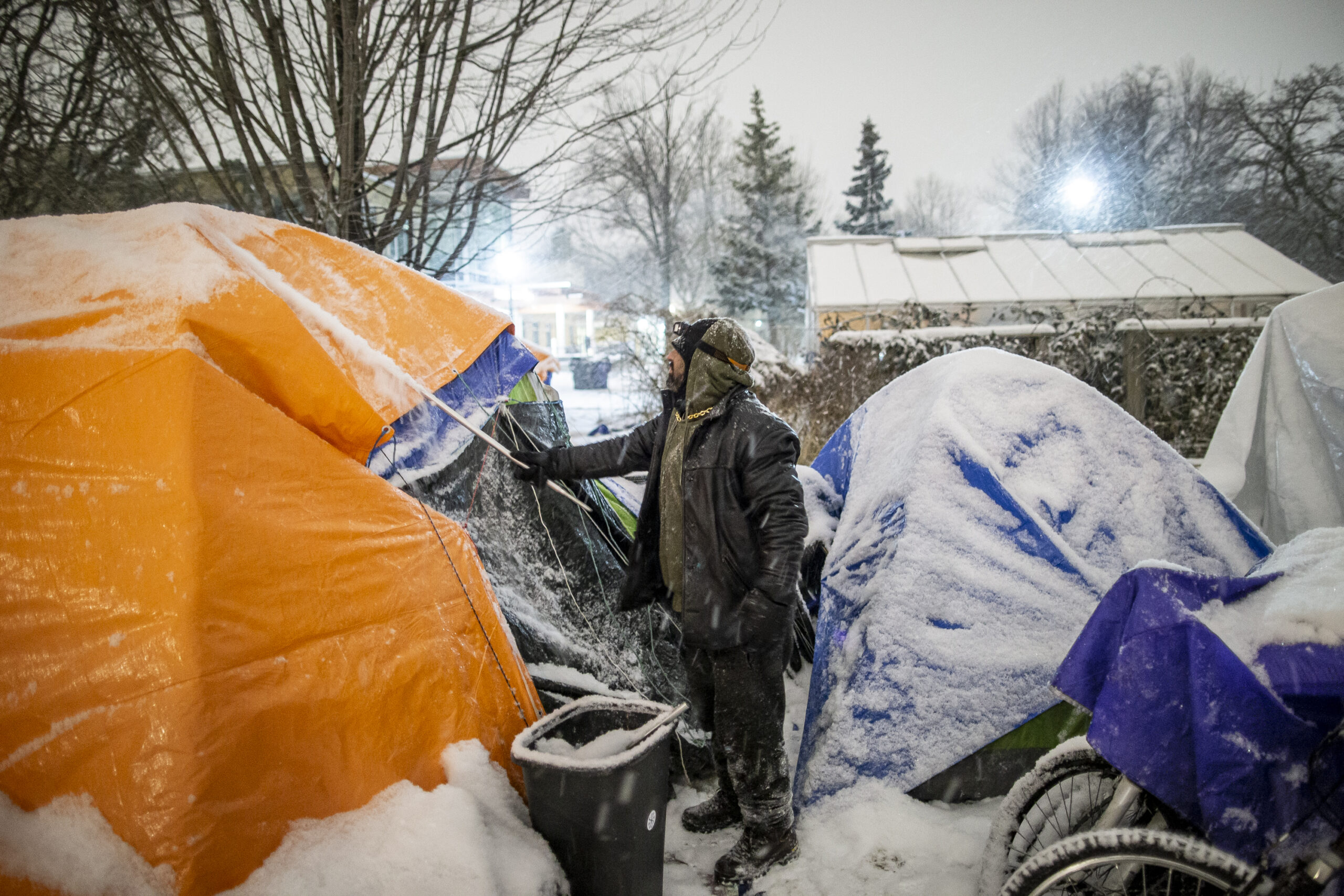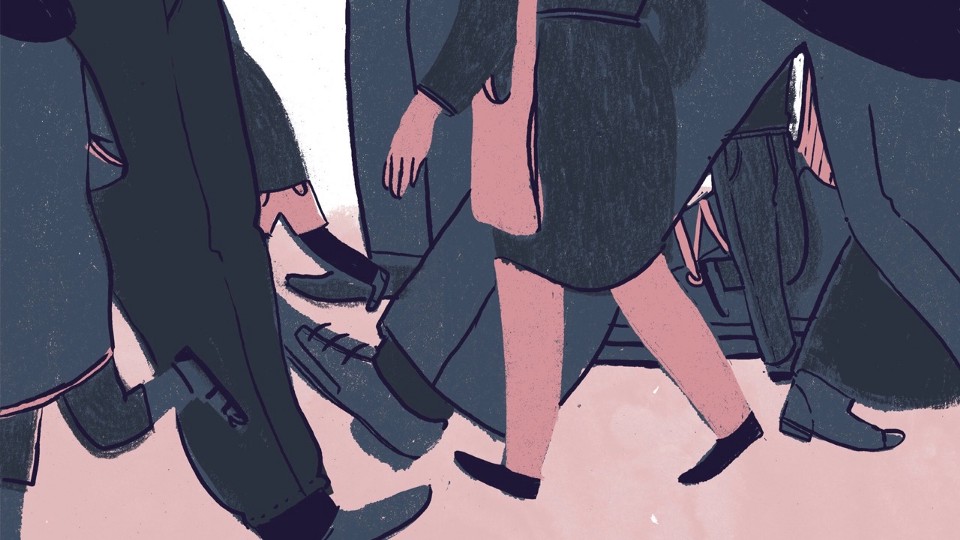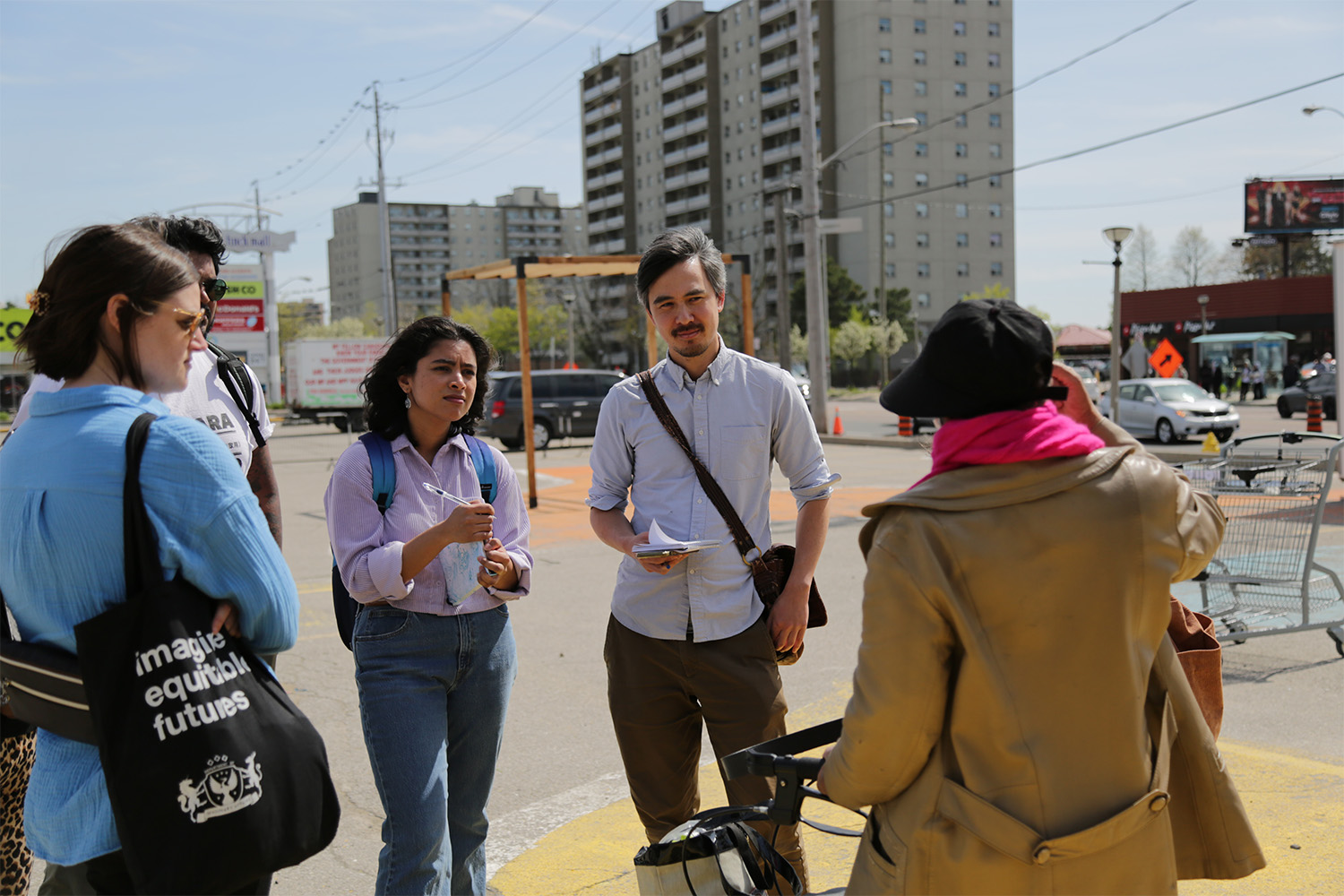

Toronto is truly a city of neighbourhoods — each with it’s own unique needs and challenges. This story takes you to Thorncliffe Park, a small community located in the East Sub-Region of the Toronto Central LHIN.
Understanding Community Geography
For such a small community, there is a lot located in the neighbourhood.
Introducing Change: The Thorncliffe Collaborative for Muslim Families and Children
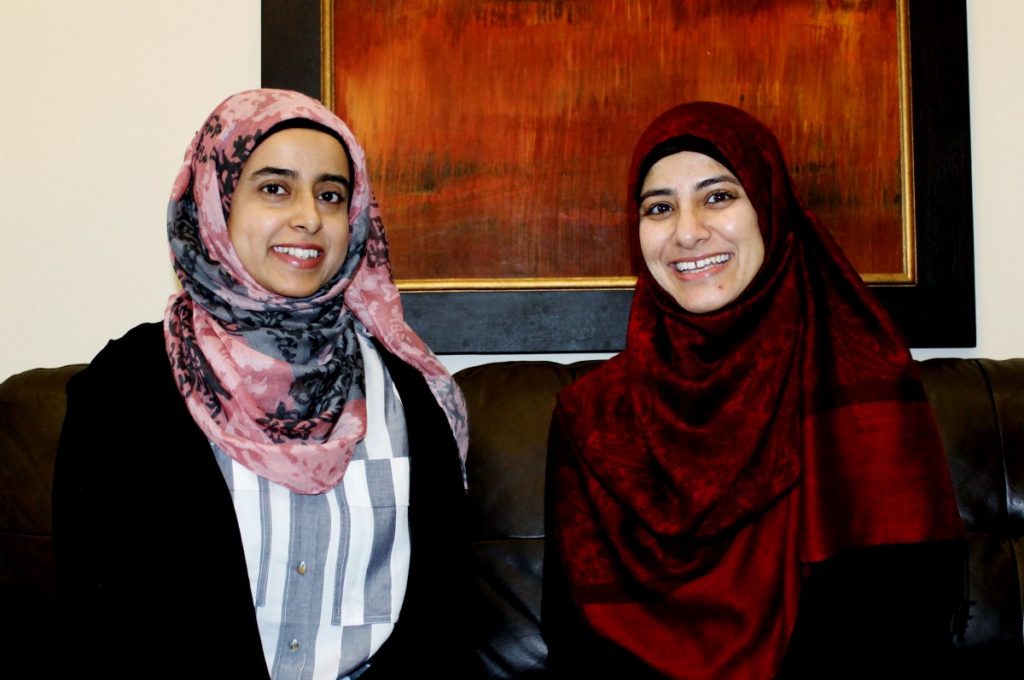
I met Munira Khilji and Safeera Mulla inside 95 Thorncliffe Park Drive in the small, tenant-run library that resides inside the high-rise apartment building.
Both Munira and Safeera live within and are active members in the community. In addition to volunteer work and their role on parent council in their children’s schools, both are community liaisons for the Thorncliffe Park Collaborative for Muslim Families and Children.
Identifying Challenges and Building Comprehensive Solutions
The Thorncliffe Collaborative is an initiative of the Children’s Aid Society. It was created in response to a preliminary needs assessment in the community which highlighted two major areas of concern: that there were higher instances of child abuse and neglect in the community, and that the area had high rates of autism.
In response, the collaborative brought together key community partners including the Thorncliffe Neighbourhood Office, the Canadian Mental Health Association, the four local schools, Geneva Centre for Autism and the Afghan Women’s Association, among others. All sit at the table to identify the needs in the preliminary assessment, among others. The collaborative brings all of these community stakeholders to the table with a common understanding: a community’s problems cannot be solved by any one organization.
As for Munira and Safeera, they say their role developed naturally. “We had so many questions.” says Munira, laughing. “They decided it was easier to invite us to the table.”
Translating Knowledge of Community Needs to Making Connections
In their work with the collaborative Munira and Safeera run a variety of workshops for parents that cover topics like positive parenting and discipline, mental health and autism.
They also handle the majority of community outreach to engage parents in coming to the workshops. It would not be unusual to see the pair putting posters up in the neighbourhood’s bus shelters — one taping up posters, the other keeping the car engine running at the curb. Partnering with the local schools has expanded the collaborative’s reach: schools send flyers about the workshops home in all of the children’s backpacks.
Munira emphasizes that there are a few barriers to engaging the population. One is language. The other is trust. These challenges stem from the community’s demographics — it is a majority immigrant community, and as such many of the population (7.3%) have no knowledge of English or French. Additionally, many members of the community have different cultural norms that impact their behaviour and whether or not they access services — concerns about the stigma associated with mental health and autism are one in particular.
According to Munira, even when community members know about services, they “don’t think it’s meant for them” to access. That’s where Munira and Safeera come in: they use their insider knowledge of the community to connect with parents so they feel comfortable and can relate to the workshops.

To learn about Thorncliffe Park’s demographics and health care data and hear Munira and Safeera explain why cultural relevance is so important (and how to make it happen), listen below:
The workshops are run out of the local schools, usually at 9 a.m. And because the vast majority of parents in the area walk their kids to school, it’s exceptionally easy for parents to drop-off their children and then head over to the staffroom where the collaborative’s workshop is being held.
Munira and Safeera explain why accessibility is so important to this population:
The collaborative plans to continue offering workshops in 2017, with autism workshops already planned. Safeera and Munira also say they are in the initial stages of developing a parent support group — something the community at the workshops has asked about.
That’s part of the key to success, they say — understanding the community you’re working with and asking them what they want. In their experience, it makes a world of difference.
